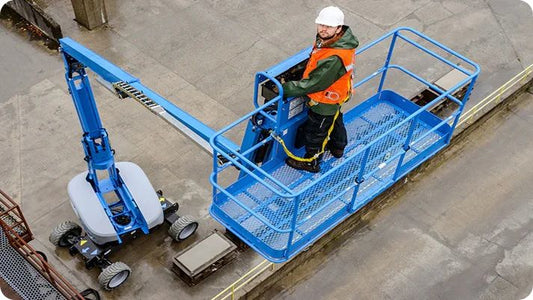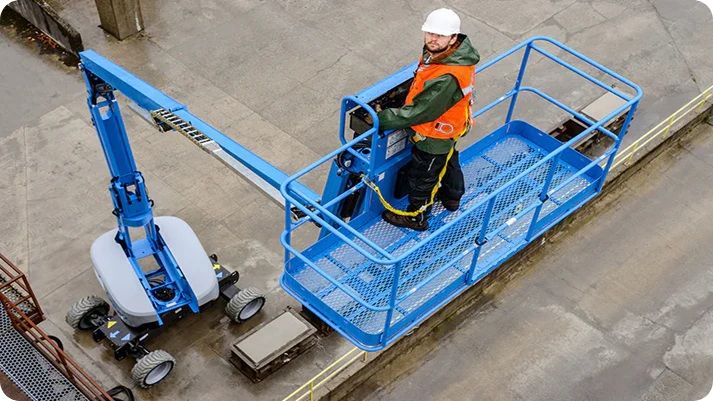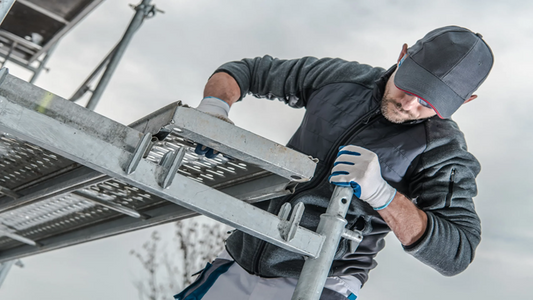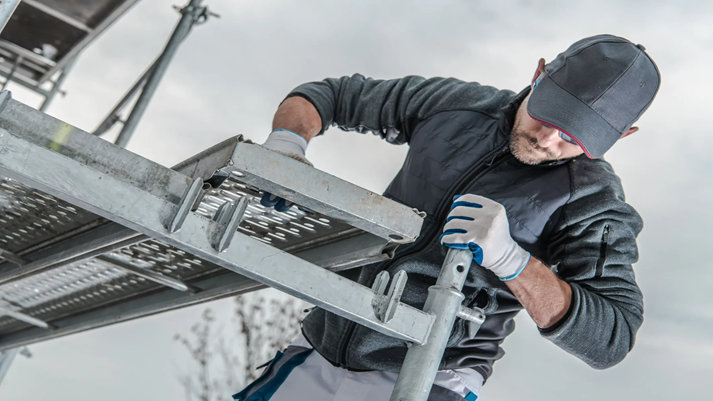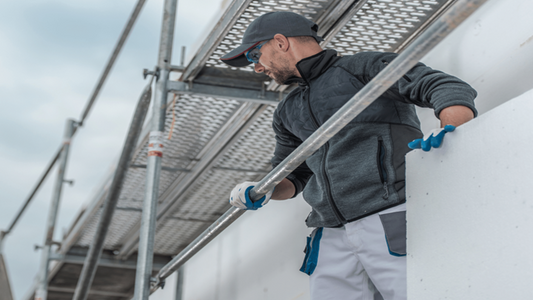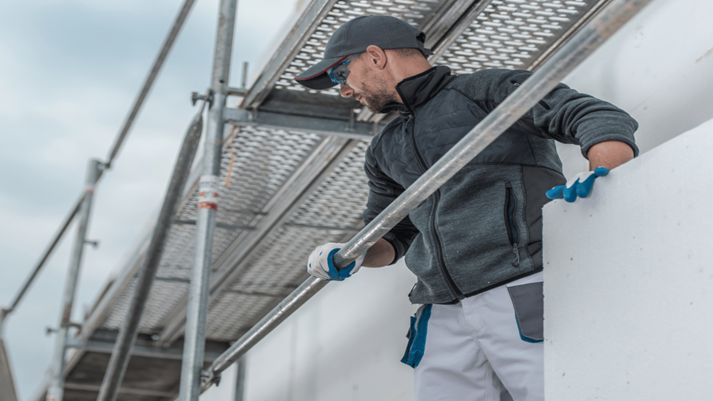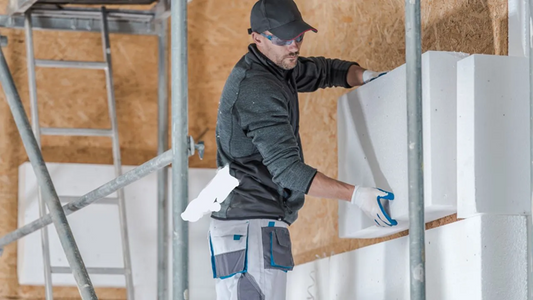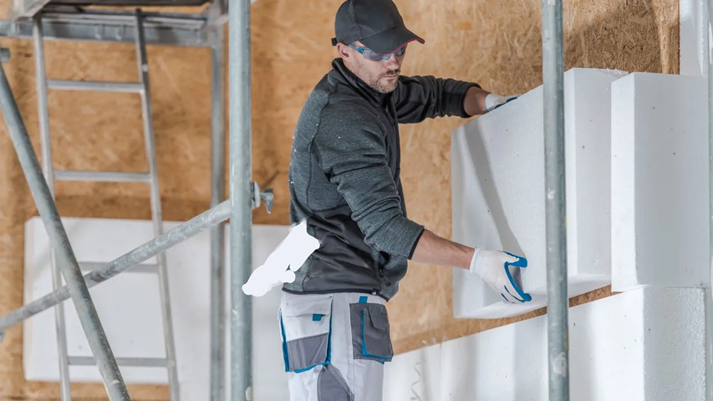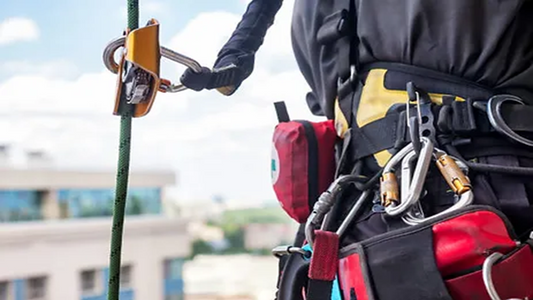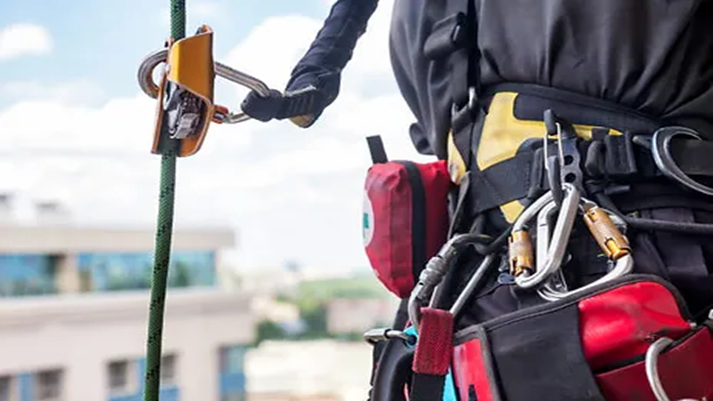Many people wonder whether a safety representative can be held liable if work is stopped, for example due to safety concerns. The answer depends largely on the reason for the stoppage.
When the safety representative is not responsible
If work is stopped due to an immediate danger to the life or health of the employees, the safety representative is not liable for any financial losses the company may suffer. This applies even if the stoppage later turns out to have been unnecessary or the risk overestimated. The main rule is that safety always comes first, and that the safety representative acts in the interests of the employees.
When the safety representative may be liable for damages
If the stoppage is due to reasons other than a danger to life and health, the safety representative may potentially be held liable for damages. This could be, for example, cases where work is stopped in protest against management's measures, without there being any real safety risk.
You can find the Norwegian Labour Inspection Authority's page here.
Summary
The safety representative's role is to safeguard safety in the workplace, not financial interests. As long as the decision to stop work is based on a real risk to life and health, the safety representative will normally not be held liable for financial loss. If the stoppage occurs for other reasons, the situation may be assessed differently.




